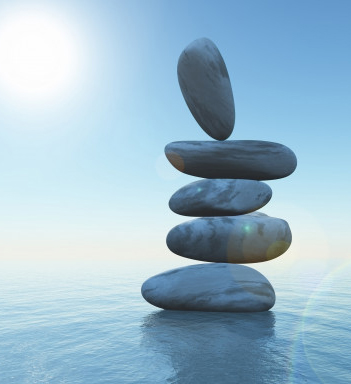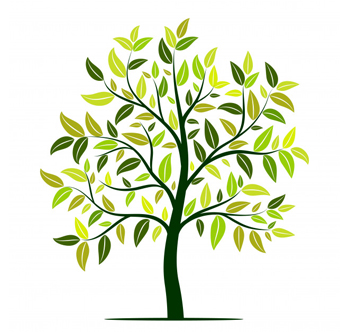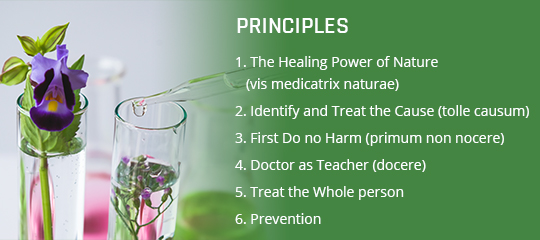“All humans have an instinctual force inside which is responsible for maintaining health”.
He also introduced the Vis Medicatrix Naturae, tolle causum and acknowledged the therapeutic properties of herbs and nutrition.
Different cultures or traditions call Vitalism by many different names, including life force, breath, chi, qi, ki, prana, and mana’.
Naturopathic practitioners are trained to assess and work with a person’s vitality versus suppressing it or over-riding it. Naturopathic treatment includes;
- Herbs
- Diet
- Exercise
- Lifestyle
- Mindfulness
- Meditation
- Other modalities as needed

Holistic or Holism means all, total or entire. It is based on the realisation that the whole is greater than the sum of the parts. In other words, all entities and systems in life exist as a unified whole. The parts of the whole are interrelated and dynamically interdependent.
Naturopaths are trained to recognise the spiritual, functional, psychological and structural aspects are interdependent one and the same and to treat the individual, you must treat the intrapersonal dynamics as well as the interaction of social, environmental and external factors.

These principles are based upon the objective observation of the nature of health and disease and are continually re-examined in the light of scientific advances. Methods used are consistent with these principles and are chosen upon the basis of patient individuality.

The practitioner then follows the first do no harm principle (primum non nocere), utilising methods and medical substances (herbal medicine, and nutritional supplements), minimise risk of harmful effects and apply a safe, gentle and non-invasive treatment to restore the vital force. Whenever possible, suppression of symptoms is avoided as this can interfere with the healing process.
The principle objective is to educate, doctor as teacher (Docere), and emphasise self-care and self-responsibility for health.
As health is multifactual, it encompasses a complex array of physical, mental, emotional, genetic, environmental, social and other factors. Therefore, it is important to treat the person as a whole; mind, body and spirit.
Implementing prevention of disease is the key and is achieved by optimal health and the precise primary objective of a Naturopath. This is accomplished by developing a partnership with patients with a mutual goal, promotion of healthy ways of living.

